A new article in EdTech Magazine and a case study by the Center for Digital Education highlight how the Jean and Alexander Heard Libraries continue to innovate in the area of digital preservation.
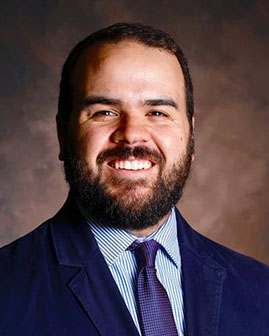
Both items detail efforts to scale up and make sustainable the Heard Libraries’ one-of-a-kind Vanderbilt Television News Archive, the world’s most extensive and complete archive of television broadcast news. The university has been recording, preserving and providing access to national television news broadcasts since Aug. 5, 1968—resulting in an archive of some 210 terabytes of data and growing by 7 TB annually. The VTNA serves as a resource for the U.S. Library of Congress and researchers worldwide.
Collaborating with Amazon Web Services and with support from Vanderbilt University Information Technology, Heard Libraries transitioned its massive television news archive to the cloud beginning in 2019, greatly improving its speed, redundancy and scalability over previous analog and digital versions. The collaboration also introduced a host of automated and generative AI features that enhance the archive’s functionality. Among them are the ability to generate automated transcripts of news broadcasts as well as fine tune their accuracy through machine learning; separate the news broadcasts into discrete segments and create summaries of each; and automatically create abstracts for each broadcast.
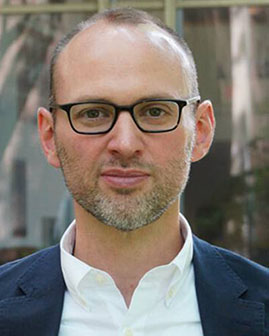
Cloud-based computing is not only expanding the capabilities of the VTNA, it also has far-reaching applications across the Heard Libraries—such as preserving additional archives and ensuring their accessibility, as with the Slave Societies Digital Archive, or applying machine learning and data analytics to analyze the evolution of storytelling techniques in historical content, as with the McGee Applied Research Center for Narrative Studies.
“A core mission of the Heard Libraries is preserving and providing access to knowledge,” University Librarian Jon Shaw said. “The cloud’s reliability and scalability will allow us to do so for many years to come.”
Gollins, Johnson earn DPC appointments; Poulter presents at Library of Congress
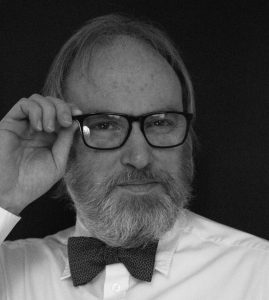
Deploying innovative technologies is just one way the Heard Libraries are leading in digital preservation. Two members of the Special Collections and University Archives team have been appointed to leadership roles within the Digital Preservation Coalition, a prestigious U.K.-based nonprofit that works with global partners to facilitate long-term digital preservation solutions.
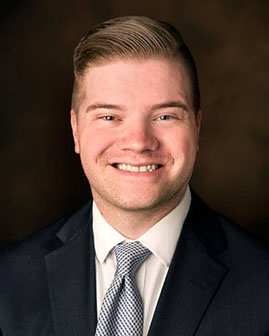
Tim Gollins, director of Special Collections and University Archives, was named to the DPC Executive Board, and Zach Johnson, associate director of Digital Special Collections, was named to the Management and Governance Subcommittee, both in spring 2024. The Heard Libraries joined the coalition in fall 2023, becoming one of only six organizations in the U.S. that are full members, including the Library of Congress and National Archives.
In addition, Dale Poulter, director of library technology and assessment services, presented at the Library of Congress’ annual “Designing Storage Architectures for Digital Collections” meeting in Washington, D.C., April 15–16.
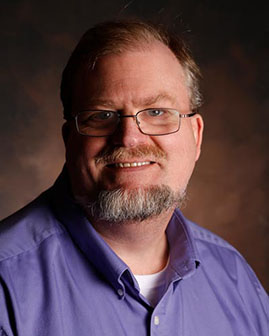
Poulter discussed the 3-2-1 rule of digital preservation at the invitation-only gathering, which included government, academic and research organization managers with an interest in large-scale digital storage architectures as well as recognized authorities and practitioners of digital preservation from research institutions, service providers and industry.
“These appointments and activities are building our strength and bolstering our profile in the digital preservation community,” Shaw said. “I commend Tim, Zach and Dale for their efforts, as well as VTNA Director Jim Duran for leading the television news archive’s transition to the cloud. These initiatives increase Heard Libraries’ global impact and expand our mission to protect the world’s cultural heritage.”